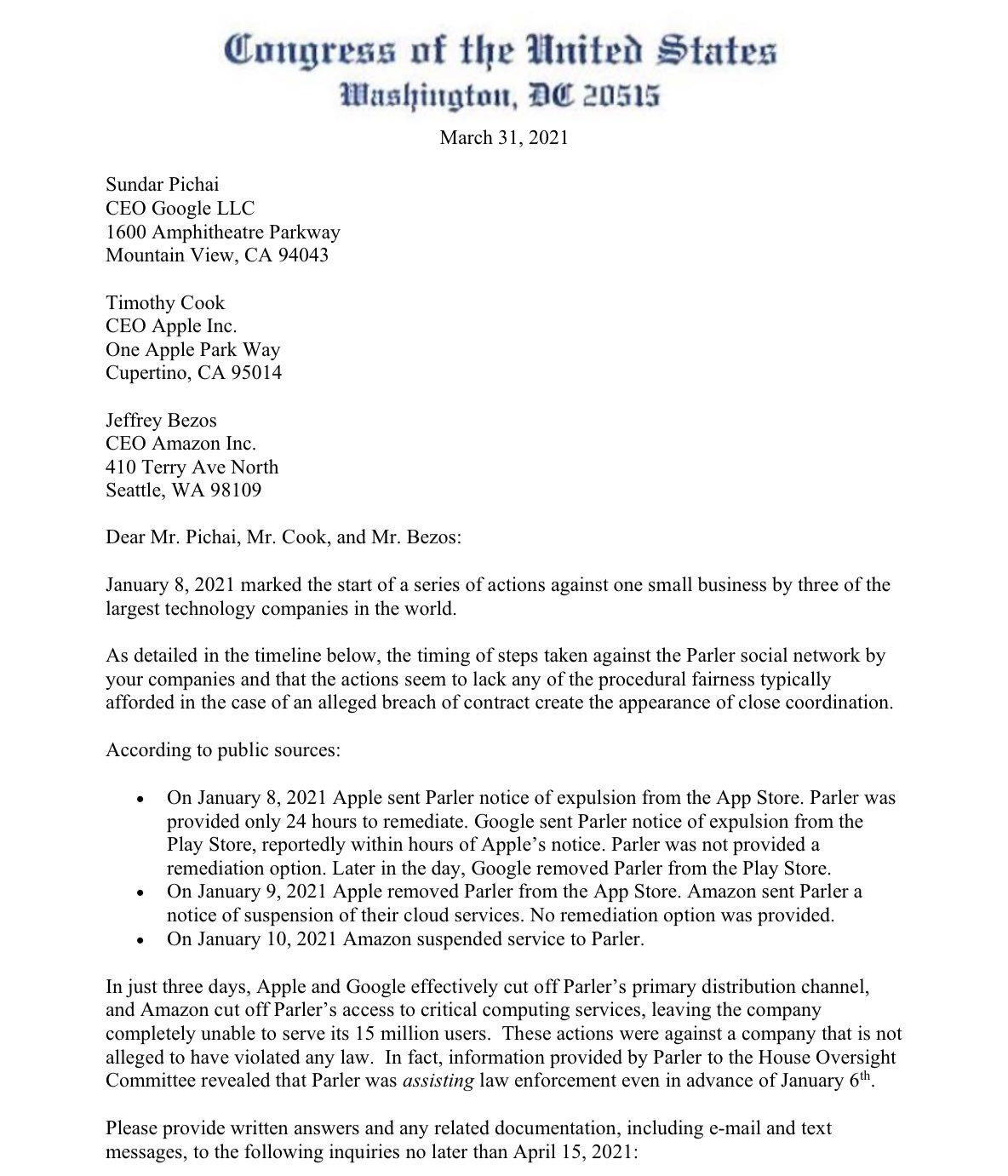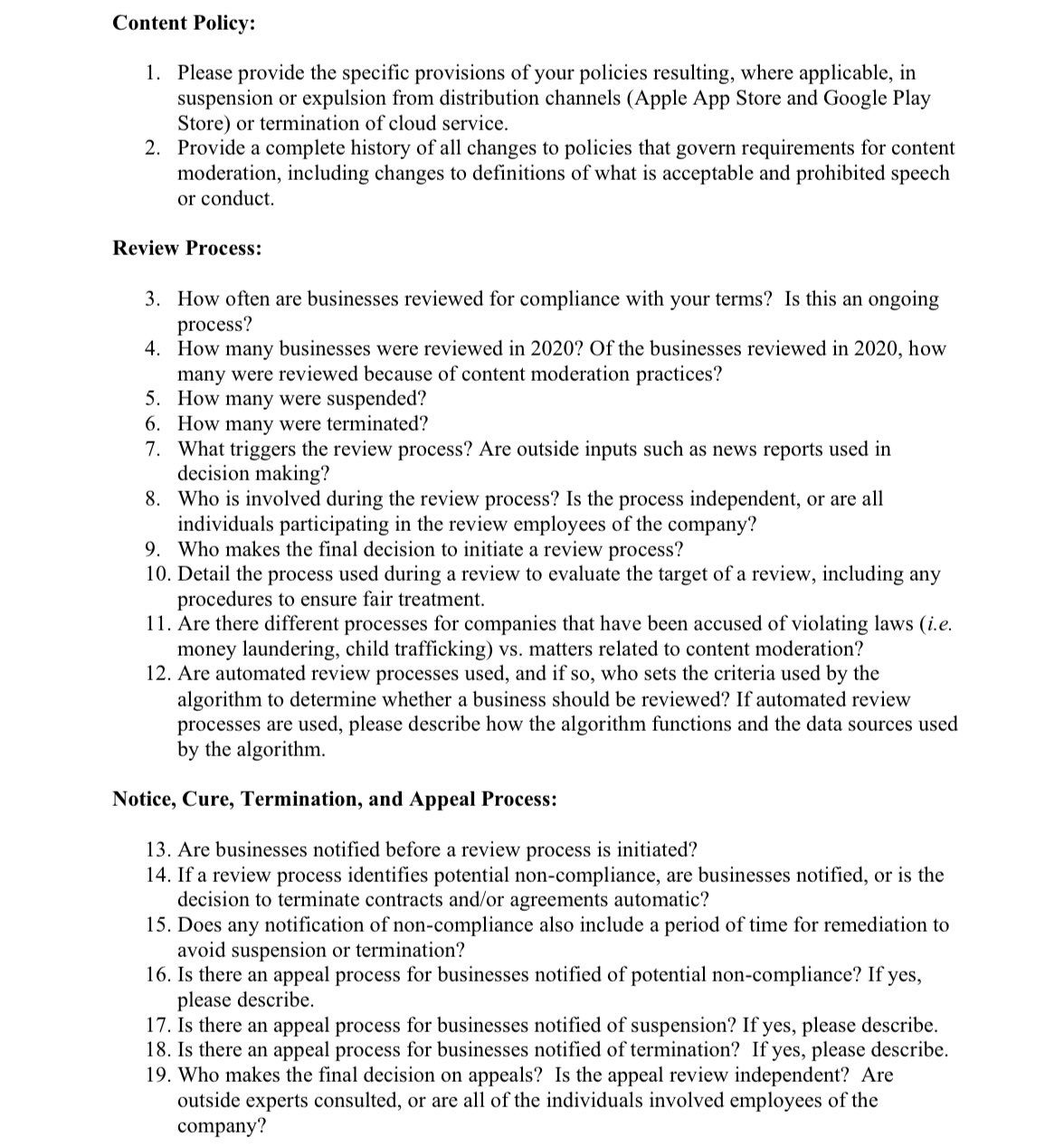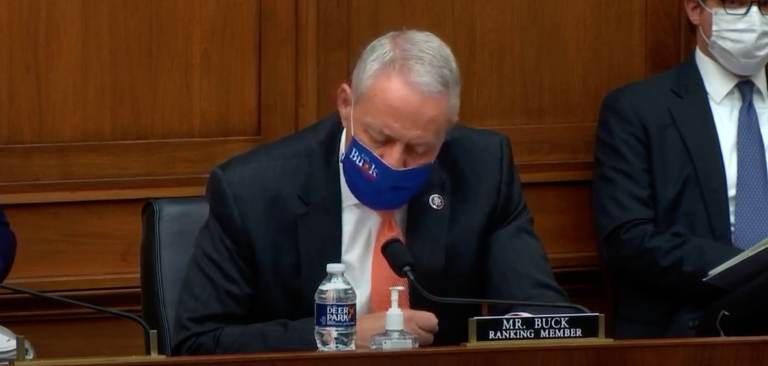The Parler incident happened in one hot minute of political and internet censorship, prodded on fiercely by mainstream media, and quickly accepted by Big Tech – the very same companies operating social networks that are at the same time supposed to be mightier than sovereign countries, though they often act subservient to particular political agendas.
The Parler incident was one of a deeply comprehensive “deplatforming” efforts – i.e. censorship of an independent and upcoming social media platform – that eventually got removed from the internet infrastructure in a fit of post-November US elections rage influencing platforms ranging from social networks all the way to cloud hosting and storage corporations.


The Parler app was gone from Google and Apple online stores, and then removed from Amazon’s web services (AWS), a mighty platform for content hosting, that when revoked from a business, leaves them extremely vulnerable, if not unsustainable in the current day digital market, due to its dominance as a cloud hosting platform.
In other words – you want to get obliterated from the internet as a business? The Parler set of circumstances is pretty much how you get there, very fast.
Yet, the curious and disturbing case of Parler’s demise is still being kept alive – thanks to a couple of high-ranking Republican representatives on US Senate and House Antitrust Panels.
Republicans Ken Buck and Mike Lee are now pressing those companies behind Parler’s unprecedented January deplatforming to come clean: was this case handled differently from other censorship efforts, and crucially – did Google, Apple, and Amazon, coordinate to make this happen.
“In just 3 days, Apple and Google cut off Parler’s primary distribution channel, and Amazon cut off Parler’s access to computing services, leaving the company completely unable to serve its 15 million users. Did they communicate on this decision?,” Ken Buck posted on Twitter.
Parler in January tried to protect itself by filing an antitrust lawsuit alleging it was the victim of bad politics. But a federal judge has since rejected this notion, supporting Amazon instead.













